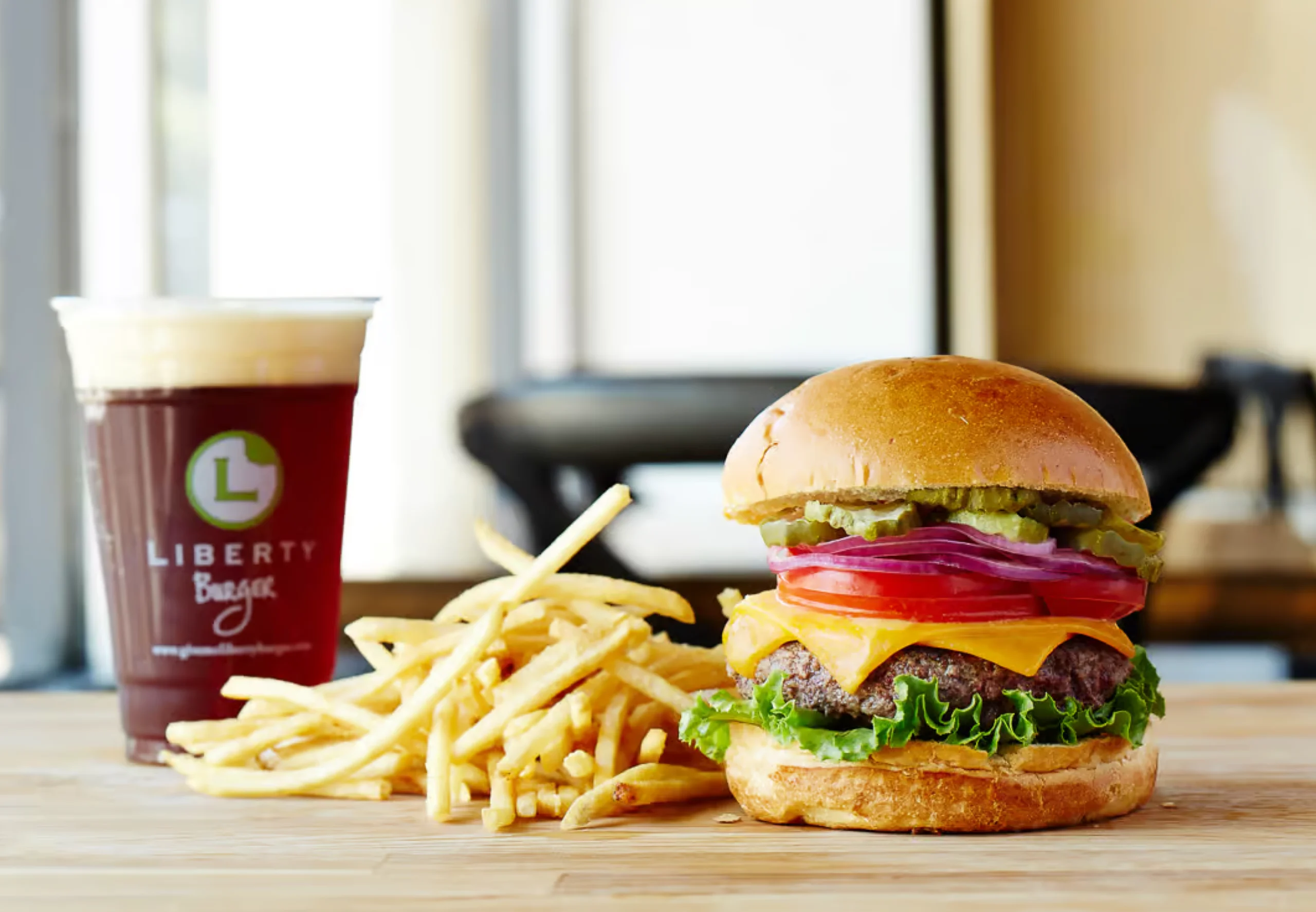Have you noticed? The increasingly snarky tone of more and more tweets? The multitude of mean girl comments on Facebook? The flamethrower tactics on marauding trolls lashing out at anything and everything? Bottom line is this: when people go online, they are not very nice.
Dr. Lee Sproull, Professor Emerita at NYU’s Stern School Business has coined the term “flame wars” to describe this unsociable social media behavior. “There’s an escalation of critical comments,” observes Sproull, “And an increase in the frequency with which people would respond with short negative comments.”
So, it seems, a new breed of social media strategy may also be emerging: social media agencies trading barb for barb. Snark for snark. Here are some examples:
Brand on Brand Snark
Recently, Old Spice and Taco Bell were seen on Twitter in a clever war of words. The tweet from Old Spice queried, “Why is it that “fire sauce” isn’t made with real fire. Seems like false advertising.” Taco Bell couldn’t take this lying down. They tweeted back, “Is your deodorant made with really old spices?” Snap! In your face!
Brand versus Consumer Snark
Not long ago, Alamo Drafthouse Cinema, a small movie theater chain responded to a voicemail from a disgruntled customer. Rather than sending the unhappy customer an apologetic letter, they posted it on YouTube. The result? 3 million YouTube hits and a long thread of attaboys.
Brand versus Organization Snark
When the CW’s hit series Gossip Girl was boycotted by the Parents Television Council for their racy ad campaign, they came back with a new series of ads that used excerpted quotes from the organization affirming that Gossip Girl is indeed “mindblowingly inappropriate.” Clearly, fighting fire with fire.
Of course, this sort of social media strategy can have its blowback. There’s the case of the Boston-based restaurant Pigalle that responded overzealously to a Facebook complaint about their desserts. Instead of offering the dissatisfied customer a make good on the meal, they responded with a comment: “Judging by how fat your face looks, you most likely shouldn’t be eating any more desserts anyway.” Now that sort of remark is way past snarky. It’s downright stupid.
Also, keep in mind your target market. If you are a brand trying to appeal to Gen X parents or retiring Baby Boomers, being fluent in snark is less likely to be a winning tactic. But, then again, never forget this basic truth: no brand ever got famous by being safe and dull.
We are a Dallas Advertising Agency specializing in Social Media Strategy.






